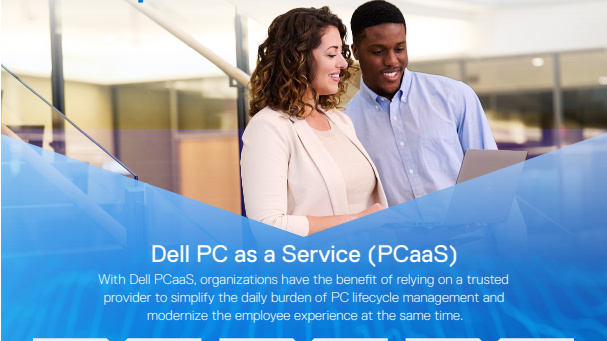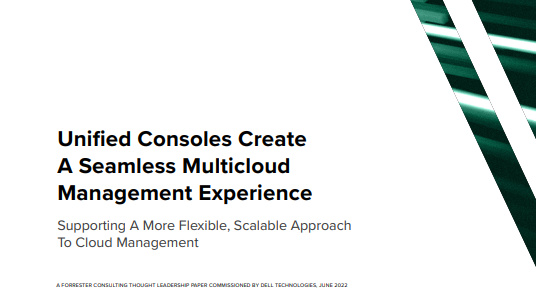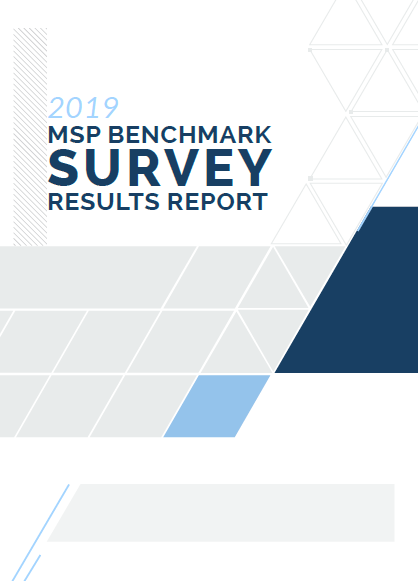Four ways MSPs can use the cloud to their advantage
For many MSPs, cloud computing is a struggle; for market leaders, it’s an advantage keeping them competitive

Undoubtedly, cloud technology entering the mainstream is treating end-users to an array of benefits, including greater security, collaboration, and storage methods, helping to facilitate the digital transformations essential to keeping the modern organisation competitive.
However, for the managed service providers (MSP) who monitor and manage their customers' IT environments, the cloud may not bear a silver lining. In fact, cloud computing may actually present a risk.
That's because an additional task has been allocated to the MSP, complicating their role and introducing fundamental change: finding ways of managing newly created and highly complex hybrid cloud environments. They must come to terms with the cloud, and if they can't, customers will drift elsewhere.
By 2020, it's estimated that almost a quarter of all IT spending will go to the cloud. Leading MSPs are recognsing this as an opportunity, and are embracing change and adapting to try capture a portion of the growing industry.
Here's how MSPs can side-step the obstacles of cloud provisioning and instead, turn the cloud into an advantage both for themselves and their customers.
Advising cloud migrations
It's important to understand that cloud services are not here to replace managed services. Rather, they increase the need for the services which support cloud migration and cloud service management, enhancing the MSPs role. Increasingly, IT decision-makers are looking towards their service providers for the advice they need to make the most of the cloud, including what types of cloud are best for them, what applications can be offered to ease migration, and more.
This requires a degree of knowledge. Each variant of the cloud offers its own advantages, and perhaps more importantly, each have their own obstacles to adoption. MSPs must understand the difference between the public, private and hybrid cloud, and be able to clearly convey their intricacies to their clients.
ChannelPro Newsletter
Stay up to date with the latest Channel industry news and analysis with our twice-weekly newsletter
Being able to offer specific advice and analysis as platforming MSPs as an essential component of any cloud migration, so it is critical to become knowledgeable about the ins and outs of cloud computing. Understand that each client has different needs. For some, moving everything to the cloud may not be necessary. Workloads can be migrated application by application, reducing the commitment required on the client's side.
Solutions, not just licencing
The first wave of MSPs surging from the channel and into the cloud were focused on reselling and repackaging SaaS offerings from notable software vendors such as Box and Salesforce, adding on useful features and security options which bolstered the overall product. For many customers however, this didn't provide sufficient value. A trend developed of end-users and software vendors dealing directly with one another, bypassing the MSP entirely.
To tempt back customers, clunky cloud offerings are making way for more flexible alternatives that permit more customisation and third party integration. Leading MSPs are placing greater onus on integrating disparate cloud applications centred around collaboration, telephony and process automation. Cloud-based backup and disaster recovery are other common entry points.
The melding skills required to sew together complex cloud applications are sought after and in short supply, so it's necessary to channel resources into recruitment and training. Work closely with vendor-partners for a workaround; this way knowledge can be shared, resulting in a seamless product.
Cloud-based backup and disaster recovery
Cloud-based backup is a critical part of what an MSP can offer as, simply put, most customers rarely consider backup capabilities – or they assume backups are happening automatically, or that they're being handled by someone else. Whichever way, here lies an opportunity.
If cloud vendors themselves don't offer backup capabilities, MSPs are strengthened in their position as trusted advisors. One recent example is Microsoft revealing it hadn't backed up the registry in Windows 10 since October 2018. The clouds array of security features doesn't mean data isn't vulnerable. Clients would be horrified to discover their are no second copies of potentially crucial data. Having the nous to identify and convey security concerns to clients demonstrates the MSPs value.
If MSPs are not only aware of backup features (or lack of), but are also able to offer a robust backup and recovery process as part of their own offering, clients can restore data and applications easily when issues do arise. Of course, this places the MSP in a positive light.
Internal advantages
Cloud capabilities are not for the channels' end-users alone. MSPs can use the cloud internally to improve their own systems and processes, helping to further enhance their portfolio of services. MSP functions such as network monitoring, helpdesk and vulnerability scanning can all benefit from the scalability and pay-as-you pricing that cloud services facilitate.
In some cases, partners can cherry pick cloud tools that best suit them. Having a strong relationship with vendors surfaces advantages on both sides of the equation.
-
 Asus ZenScreen Fold OLED MQ17QH review
Asus ZenScreen Fold OLED MQ17QH reviewReviews A stunning foldable 17.3in OLED display – but it's too expensive to be anything more than a thrilling tech demo
By Sasha Muller
-
 How the UK MoJ achieved secure networks for prisons and offices with Palo Alto Networks
How the UK MoJ achieved secure networks for prisons and offices with Palo Alto NetworksCase study Adopting zero trust is a necessity when your own users are trying to launch cyber attacks
By Rory Bathgate
-
 Modern IT experiences with predictable costs
Modern IT experiences with predictable costswhitepaper Simplify the daily burden of PC lifecycle management and modernize the employee experience at the same time
By ITPro
-
 Unified consoles create a seamless multi-cloud management experience
Unified consoles create a seamless multi-cloud management experienceWhitepaper Supporting a more flexible, scalable approach to cloud management
By ITPro
-
 Energy as a service market poised to reach $147 billion by 2029
Energy as a service market poised to reach $147 billion by 2029News North America is anticipated to lead the market during the forecast period
By Praharsha Anand
-
 Achieving resiliency with Everything-as-a-Service (XAAS)
Achieving resiliency with Everything-as-a-Service (XAAS)Whitepaper Transforming the enterprise IT landscape
By ITPro
-
 IBM acquires Taos Mountain as cloud spending spree continues
IBM acquires Taos Mountain as cloud spending spree continuesNews The MSP has guided clients such as Netflix in their migrations from on-premise to cloud infrastructure
By Keumars Afifi-Sabet
-
 2019 MSP benchmark survey results report
2019 MSP benchmark survey results reportWhitepapers Discover how the MSP marketplace is evolving
By ITPro